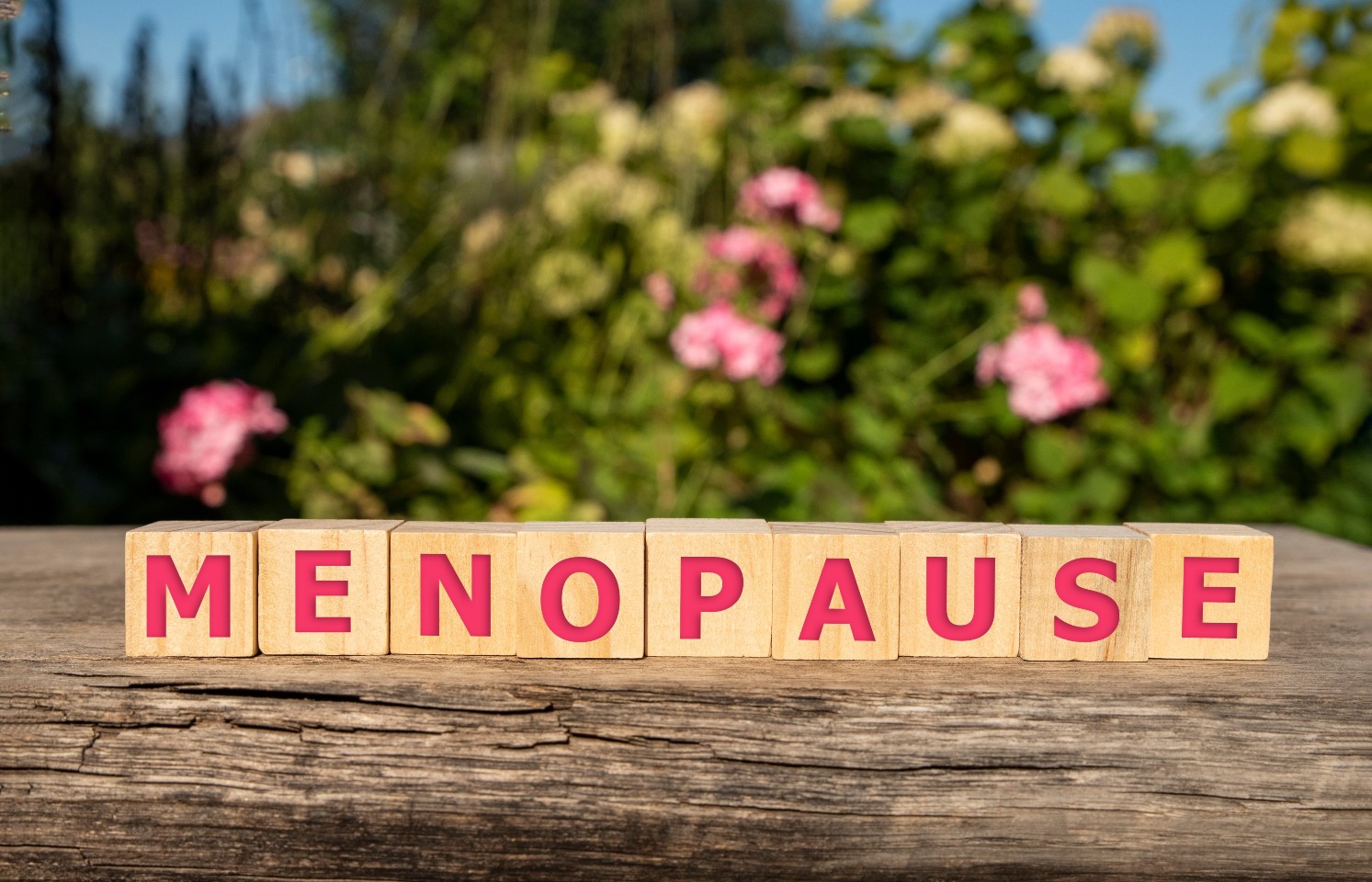Over the last few years, the once taboo topic of menopause – an issue that will directly affect more than half the UK’s population1 – has finally become a topic of public conversation. As more women feel able to discuss their experience of menopause, it’s become clear that the symptoms can, at best, be uncomfortable and inconvenient and, at worst, truly debilitating.
A natural part of the aging process for women; menopause often occurs between around 45 to 55 years of age, as levels of oestrogen decline. While the duration and severity of symptoms will vary from woman to woman, most women will experience some symptoms, which usually start a few months or years after periods stop, and often continue for years afterwards. The impact of these can be life-changing; according to the women’s health charity, Wellbeing of Women, around 900,000 UK women have quit their jobs because of the menopause2, and it can also create major issues for relationships3.
When you look at the common symptoms list, it’s clear why this may be the case4:
- Changes to your period, both in terms of heaviness and frequency, before they stop altogether
- Hot flushes and night sweats, usually affecting the face, neck and chest, which bring a sudden feeling of heat, and can have a visible affect, making your skin red and sweaty
- Difficulty sleeping, affecting mood and energy levels
- Problems with fatigue, memory and concentration
- Headaches
- Low mood or anxiety
- Palpitations
- Reduced sex drive
- Vaginal dryness and pain or discomfort during sex
- Joint stiffness, aches and pains
Over time, the menopause can also lead to reduced muscle mass and an increased risk of osteoporosis, both of which can lead to major mobility issues and discomfort if left unchecked.
Unsurprisingly, these symptoms can be very unpleasant and, if you’re struggling, it’s important to speak to your GP about what treatment might be right for you. However, there are also some simple changes you can make, that may help manage and alleviate symptoms.
Exercise and relaxation
Regular exercise can help with both hot flushes and mood swings, with relaxing tai chi and yoga particularly helpful for managing anxiety, and weight bearing exercise5 helpful for maintaining muscle mass and bone density.
Diet and nutrition
Like so many health-related challenges, what you eat can have a significant impact on menopausal symptoms. Potential triggers for hot flushes include alcohol, spicy foods and caffeine, so keeping these to a minimum may help.
Experts also advise women to reduce refined carbs and sugar in the diet6, as these can cause sharp fluctuations in blood sugar, making you feel tired and irritable. On the flip side, a diet rich in fruit, veg and calcium can help prevent some of the possible impacts of menopause, including weight gain and bone loss. Some plant-based foods also include phytoestrogens – naturally occurring plant compounds that can mimic the effects of oestrogen in the body.7 Foods to look out for include soy, tofu, flaxseeds, linseeds and beans – try adding these to your meals to help balance out hormonal changes.
Finally, mood swings and anxiety are often one of the most challenging aspects of menopause and can have a major impact on relationships. Some women find that vitamins and natural supplements such as St. John’s wort, evening primrose or vitamin B6 can help alleviate these.8
Small but effective changes
Simple changes can help to alleviate unpleasant menopause symptoms such as night sweats and related sleeplessness. These include wearing lighter clothing, keeping bedrooms cool and having a cool shower or drink to lower your body temperature before you hop into bed.
Taking care of yourself by managing and reducing stress, and paying attention to your physical and mental health, becomes more important than ever as you reach menopause. A health care cash plan can help you with the cost of accessing health and wellbeing services when you need them.
Starting from as little as £2.22 a week, Sovereign Health Care’s Good All Round cash plan lets you claim back money towards the cost of every day health care, as well as treatments such as physiotherapy, osteopathy, reflexology and acupuncture. Sovereign members also have access to exclusive member benefits including GP24*, offering telephone or online NHS GP consultations and a private prescription service at a time to suit you. For more information, check out https://www.sovereignhealthcare.co.uk/good-all-round/
For more information on the menopause, check out the following websites:
https://www.nhs.uk/conditions/menopause/
https://www.nice.org.uk/guidance/ng23/ifp/chapter/Menopause
1 https://tradingeconomics.com/united-kingdom/population-female-percent-of-total-wb-data.html#:~:text=Population%2C%20female%20(%25%20of%20total%20population)%20in%20United%20Kingdom%20was,compiled%20from%20officially%20recognized%20sources.
2 Menopause Workplace Pledge – Wellbeing Of Women
4 https://www.nhs.uk/conditions/menopause/symptoms/
5 https://theros.org.uk/information-and-support/bone-health/exercise-for-bones/
6 https://www.healthline.com/nutrition/11-natural-menopause-tips#reduce-certain-foods
7 11 Natural Ways to Reduce Symptoms of Menopause (healthline.com)8
8 11 Natural Ways to Reduce Symptoms of Menopause (healthline.com)
